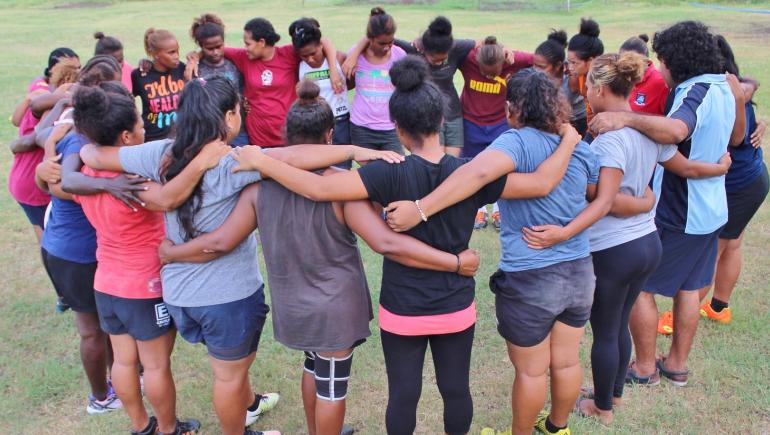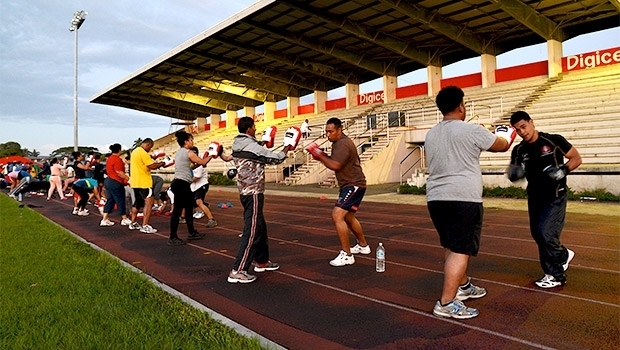
Free course of sport for sustainable development opens
May 7, 2021
After a successful launch last year, registrations are now open for the second round of a free online course that harnesses sport for sustainable development. The Commonwealth Secretariat developed the course with the Government of Australia and the International Platform on Sport and Development.
With more governments and organisations around the world recognising sport as an enabler of the Sustainable Development Goals (SDGs), sport is increasingly being used as a tool to address issues ranging from health and education to employment and conflict resolution. The SDGs or Global Goals sit at the heart of Beyond Sport's work.
Designed to meet the needs of a variety of learners, including government officials, intergovernmental and sports organisations, public policy experts, the private sector and civil society organisations, the course allows learners to explore aspects of programme design and implementation and understand how to measure the impact of policies and programmes.
Sport for Sustainable Development: Designing Effective Policies and Programmes also helps learners explore key concepts on sport and gender equality, disability, human rights, social inclusion, peacebuilding and safeguarding. Online classes beging 10 May 2021.

Since its launch in July 2020, it has attracted many participants from the public, private and non-profit sector, including representatives of prominent sporting bodies. More than 3,400 learners from 165 countries attended and many described it as “filling a crucial gap in the sport and development field”. One participant said that it is “a brilliant resource for sport and development practitioners which provides a one-stop-shop for information, tools and frameworks to assist in the design and delivery of sport and development [initiatives].”
Layne Robinson, Head of Social Policy Development at the Secretariat said the course is an important Commonwealth initiative which comes as the sport industry has been severely affected by the COVID-19 pandemic.
“As we look towards building back better, the key to a sustained recovery will be targeted, well-designed policies, and the increased understanding of sport’s potential contribution to key development outcomes.”